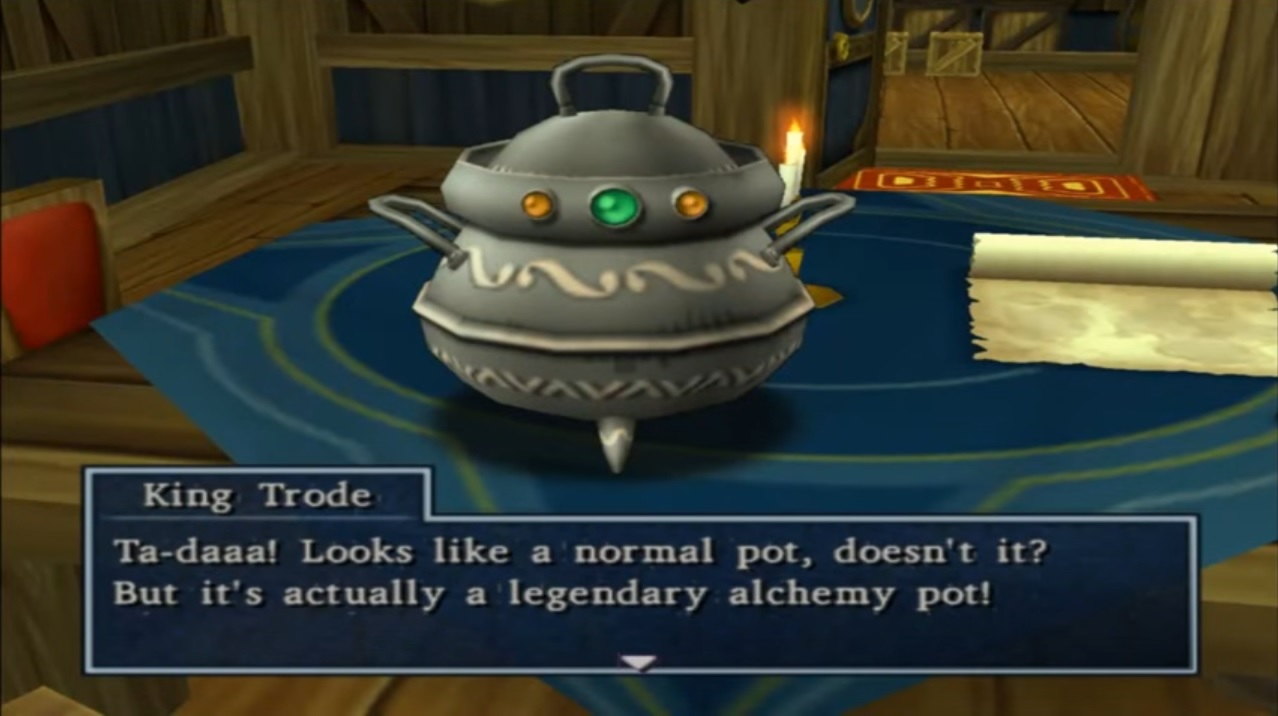
It is written that the Buddha Amitabha (Infinite light and life), then the bodhisattva Dharmakara said,
If, when I attain Buddhahood, sentient beings in the lands of the ten quarters who sincerely and joyfully entrust themselves to me, desire to be born in my land, and call my Name, even ten times, should not be born there, may I not attain perfect Enlightenment. Excluded, however, are those who commit the five gravest offences and abuse the right Dharma.
This is known as the "18th vow" or "Primal vow", and is the basis for Pure Land Buddhism.
This vow might seem abstract or bizarre, but it actually contains a magical alchemy, one that transmutes hate and doubt into faith.
When Amitabha made the vow, he recognised that there was a lack of a practise for those that are blinded by desires and lack the capability to practise the Buddhadharma. He instead wanted to establish a vow that could save everyone. In the Tannisho, Shinran said,
Know that the Primal Vow of Amitabha makes no distinction between people young and old, good and evil; only shinjin [true faith] is essential. For it is the Vow to save the person whose karmic evil is deep and grave and whose blind passions abound.
He also said,
It is impossible for us, who are possessed of blind passions, to free ourselves from birth-and-death through any practice whatever. Sorrowing at this, Amitabha made the Vow, the essential intent of which is the evil person’s attainment of Buddhahood.
Therefore, the true intention of the vow is to bring all beings to liberation, regardless of their good or evil deeds, and regardless of their qualities and wisdom, regardless of their ability to practise the Buddhadharma. That is why Amitabha made the vow.
If we trust this, and also see our own inadequacy as beings, we then immediately arrive at the alchemical formula: whenever a moment of hate and doubt arises, we are reminded of the vow, the special vow made especially for this situation and for this purpose, and we can instantly rejoice that such a path has been made available for us. Therefore, there is never any need to lament over any of our bad qualities or misfortunes, since they always instantly become yet another reason why we are saved.
In this way, everything becomes the vow, because everything reminds us of the vow.
Then we can sincerely say "Namo Amida Butsu", and we can rejoice in shinjin.